The Battle of Polytopia is one of the standout success stories in mobile gaming. Starting out as a passion project by a solo developer back in 2016, the game has gone from strength to strength in the years since, achieving widespread acclaim, and building a dedicated community.
As the team at Midjiwan celebrate the game reaching 20 million organic downloads, We sit down with Felix Af Ekenstam, the game’s Creator and Designer, and Christian Lovstedt, Midjiwan’s General Manager, to discuss the remarkable story of how this came to be. Gather your forces and set your battle plans in order: this is going to be one for the ages.
Origin story
The Battle of Polytopia begins with Felix Af Ekenstam, a Flash developer by trade, who started working on the game in response to a gap he saw in the mobile strategy market. “The Battle of Polytopia was the game I wanted to play. There wasn’t a Civ-type game on mobile, and to me, it seemed like it’d be a perfect fit. I looked around a lot and couldn’t find something that filled that niche, so I decided to make it myself.”

This philosophy, the idea of “Find something that’s actually missing in the world and try to make it,” in Felix’s words, was the guiding principle behind Polytopia’s early development. It’s a very effective strategy in the ever-crowded games landscape and one that drove Felix on through the game’s lengthy development cycle, despite working solo without the support of an extended team.
“It’s kind of nice to be alone actually. Development is really quick, and you don’t have anyone else to communicate things to. It was a great way to iterate on the game and try to make it fun.” Felix said of working as a solo developer. “For me, it was also about learning how to make games, since this was the first game I worked on.”
Back to basics
Polytopia was certainly an ambitious project for a first-time game developer, but Felix met the challenge head-on, drawing from a range of sources for inspiration. “Obviously the earlier Civilization games were a big inspiration for me. I like to play games in theory, but not usually in practice. Civilization was an exception.” For those unaware, Civilization is a monolithic turn-based strategy series that continues to define the 4X subgenre to this day. It’s a complex beast of a title, but Polytopia was designed for mobile audiences, so Felix would need to pare things back.
Interestingly, the mobile aspect wasn’t the most challenging part of the project for Felix. “I don’t know if any of the challenges with making the game were mobile-related. The idea of boiling the genre down to its essence was essential to making the game work on a phone, but also just essential to making it a fun game in general.” This carried over into the visuals for the game as well, which had to be similarly simplistic to function well on smaller screens. “A lot of strategy games have more of a cluttered, realistic look, which to me takes a lot of energy to look at. I wanted to treat the graphics the same way I treated the game design, and really try to condense them down to their essence.”
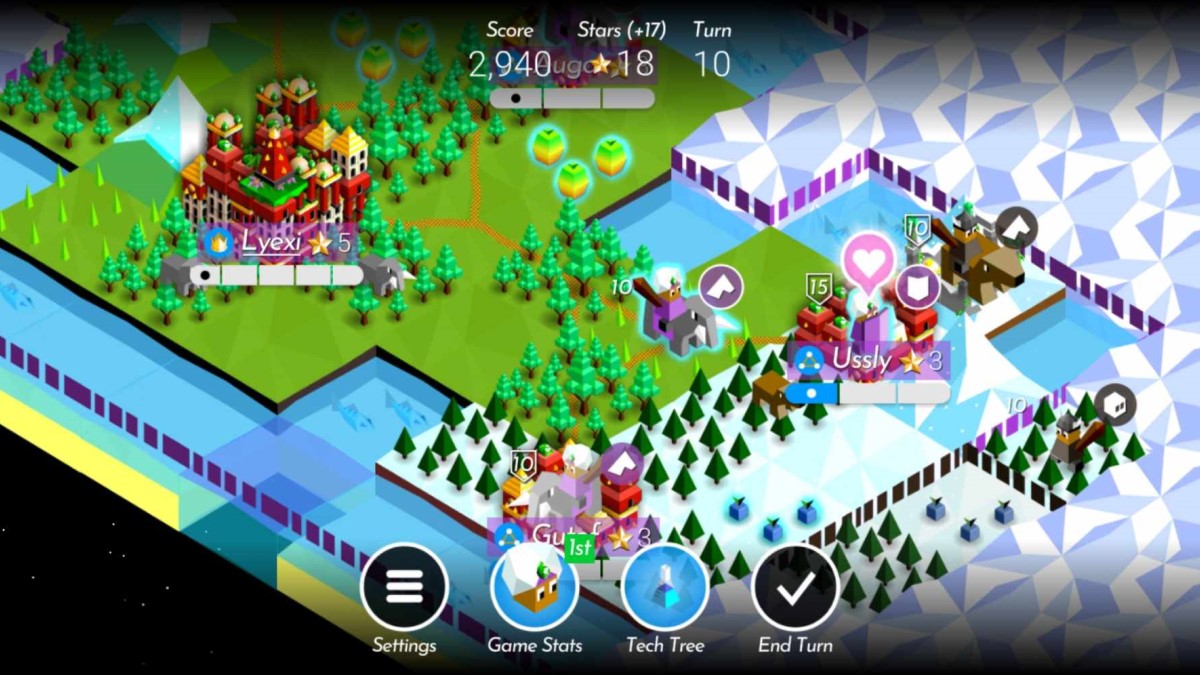
Development on Polytopia concluded around the time that Flash was being retired, so Felix had to port the game over to Unity prior to launch. When it was finally time, he had a fairly modest goal in mind. “I made the game as a personal project, and I was really happy with the result. I told myself that if I reached 10,000 people I would consider the game a success, and worth all the effort it took to develop.”
Just before launch, however, a friend with contacts at Apple in Sweden got in touch with Felix and offered to pitch Polytopia to the company in the hopes of securing a crucial App Store feature spot. “Back in 2016 it was really special to get a feature on the App Store: It was worldwide, and you were on the front page for a week,” Felix notes, musing on the changing state of play for mobile games. A feature was agreed, and The Battle of Polytopia was released for IOS on February 9, 2016.
Our feature presentation
As Felix had predicted, the App Store feature was huge for the game, catapulting Polytopia into an overnight success. “I actually got a feature in Apple’s ‘Best new games’ category. Back then a feature on the App Store was extremely powerful, and I reached over 200,000 downloads in the first week. I met my original goal in just a few hours!” This was a staggering start for any game, never mind a game in the niche 4X genre, and Felix was overjoyed. “Since then it’s been doing well, and growing all the time, but we got a really good start with the App Store feature.”
From this strong foundation, Felix went on to build the game, and its community, up over the next three years. He worked with a number of freelancers as well as his brother Robin, who handled all of the music and sound effects for the game, during that process, but he remained a solo developer for the most part. After a point, he found that this was no longer an option, however. “Eventually when the game grew I didn’t have time to actually do anything game-related.” Felix had to make a change, and, as luck would have it, he met Christian Lovstedt at just the right time.
“When I ran into Christian, it felt like a good match. In 2019 I decided to hire him as CEO, and actually form a real company around Midjiwan.” This partnership led to Midjiwan as it exists today: a bigger-but-still-agile company capable of working quickly, but, crucially, also capable of handling the ever-growing Polytopia community and their needs. “There are six people in the core team: five here in Stockholm, and the Community Manager in California.” Christian notes “It’s still quite a small team, and we’d like to maintain that. We want to be as small as possible while still doing what we want to do.”
Taking initiative
With a bigger team behind it, Polytopia kept growing beyond 2019, adding new Tribes, Diplomacy options, a Tournament mode, and more. Throughout all of this growth, a focus on community remained at the heart of the game, and its team. “Back in the day it was really easy: if there was something I thought was fun, I’d just throw it in the game. Nowadays I get quite nervous because there are so many players with so many opinions,” notes Felix. “Players get used to even bad design decisions: this game is full of both good and bad design decisions from me since I was learning game design as I made it. Even if you fix something that’s broken, people will get annoyed because they’re used to it being broken. I have a big responsibility to not ruin the game that players enjoy.”
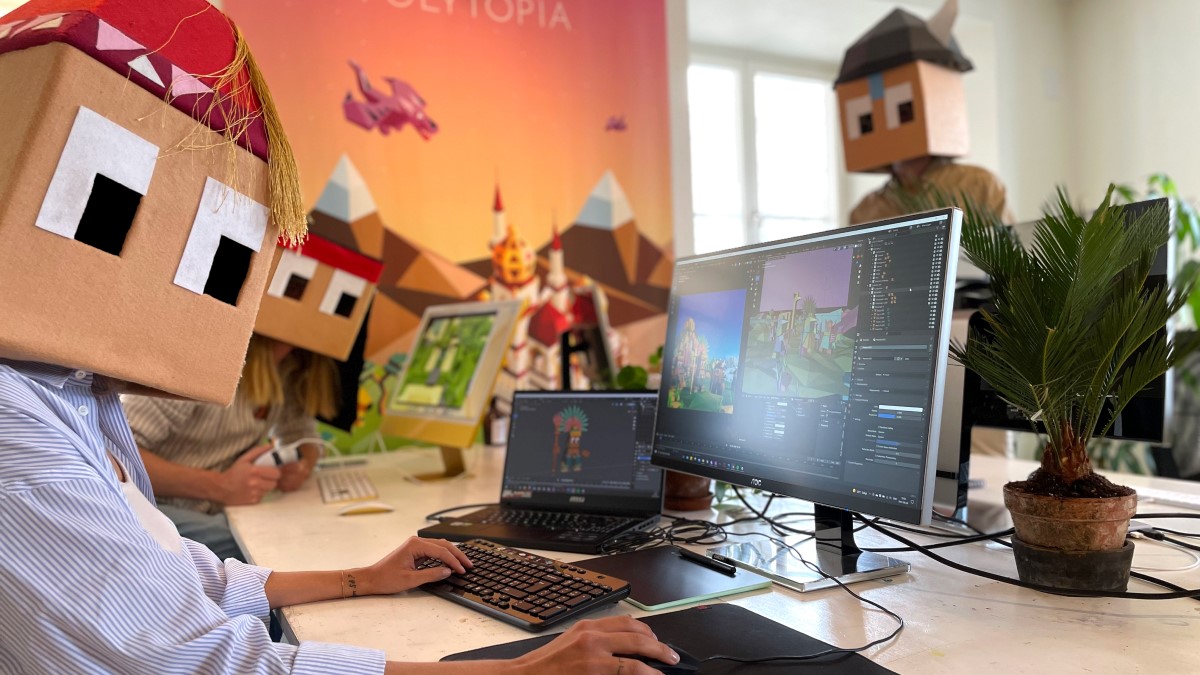
It’s rare to see a developer so candidly admit their own failings, and it speaks to Felix’s respect for his community that he’s willing to leave past mistakes uncorrected for the sake of their enjoyment. This attitude is undoubtedly one of the major factors behind Polytopia’s success, but another is Midjiwan’s willingness to expand beyond the game itself and get involved in a range of interesting ventures.
Perhaps most notable among these is the game’s connection with Elon Musk. “A few years ago Elon Musk reached out to me because he wanted to add the game to Tesla.” His reach-out followed a series of Tweets praising the game, noting that it “addressed the limitations” of Chess. High praise indeed, especially from such a prominent source. “It’s great exposure, and it added to the organic growth of the game. There’s not that many games on a Tesla, so it’s great to see it there. It fits really well, being a turn-based game.”
Keen to strike while the iron was hot with regard to that Chess comparison, the team at Midjiwan became the official sponsor of the Swedish National Chess Team. “It’s a great way of getting Polytopia into the same conversation as Chess,” notes Christian, “and there also tends to be a lot of overlap in terms of the player bases of the two, so it also helps us find new players. It feels like a very natural connection.”
Other interesting initiatives pursued by the Polytopia team include a physical merchandise shop in Stockholm, and a partnership with Swedish renewable energy company Trine, wherein all the revenue generated from sales of Zebasi, one of the game’s special Tribes, goes toward loans for solar panel projects in rural Africa. Of the shop, Felix says: “It’s not a big business thing, more of a community building thing, and a fun thing.”
The big 20 million
Fun is a major driving force behind the decisions that Midjiwan makes, and perhaps that’s why the game has seen the success that it has. As mentioned at the start of this article, The Battle of Polytopia has recently surpassed 20 million downloads. This is hugely impressive, and doubly so when you consider that these are organic downloads, gained without the help of any kind of marketing budget. “We’re super happy that so many people have downloaded the game and that the game still has such good traction.” Said Christian, of their incredible milestone. “People are still enjoying the game after playing it for years, and we’re super happy about this.”
Felix still seemed to be reeling from the news. “I haven’t really thought about it actually. I remember I made a pledge that when we had more downloads than the population of Sweden I’d get a tattoo, but I haven’t done that yet, so I missed the milestone. The next one is probably the population of the world!”
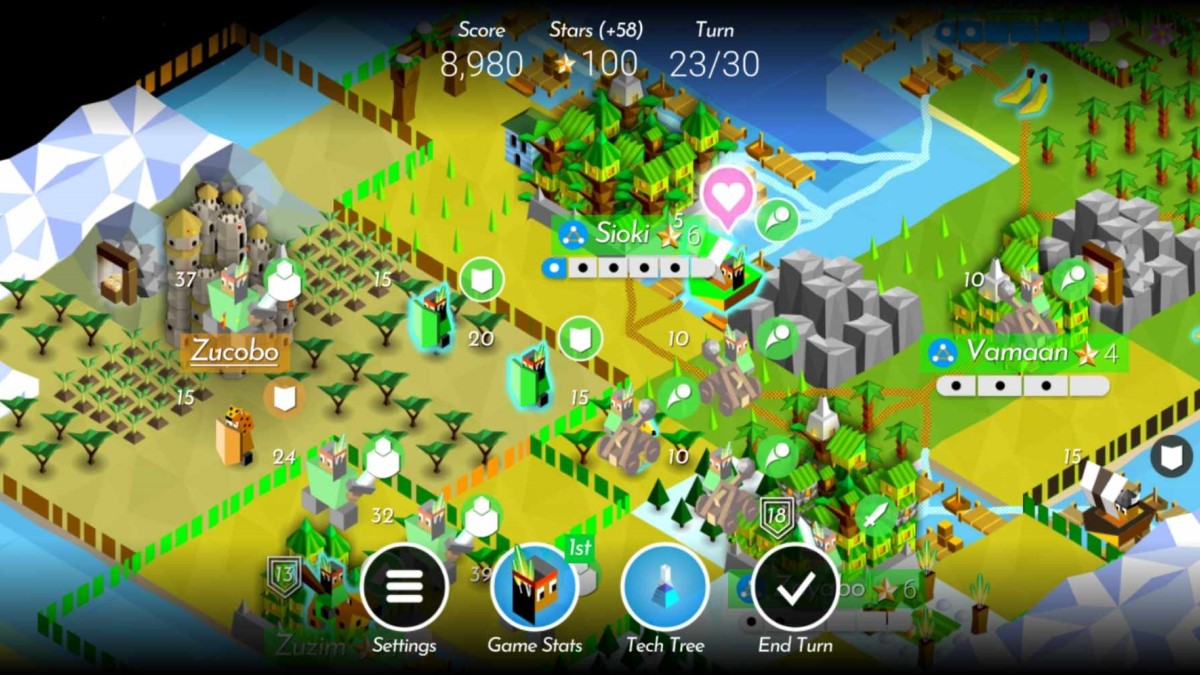
It’s impossible to pinpoint the exact reasons behind the success or failure of a particular game, with luck playing a huge role in most cases, but Felix and Christian have a few ideas about why Polytopia has resonated with players as well as it has. “I believe our non-aggressive monetization model is serving us well in the long term. People can keep playing it, and there’s no point where you have to start spending a lot of money or stop playing.” Says Christian, referring to the simple strategy of selling special Tribes and Skins as opposed to running ads in the game. “The game design and the replayability are also what make the game big. For a strategy game, it has quite a low barrier to entry, but when you start playing the game a lot, you realize that it is actually quite a serious strategy game if you want to go in that direction.”
Felix has a much simpler theory: “It’s a good game, I think.” Can’t say fairer than that: sometimes, at the end of the day, that’s all that it comes down to. The right game, with the right team looking after it, can go places its creators couldn’t have dreamed of. And Midjiwan isn’t stopping here: “We have a very long-term plan for Polytopia. We want it to be a viable game for a very long time, so it’s about moving gently forward and making sure it’s stable and working on all platforms, and that it keeps being a good game.” Felix’s closing statement gives reassurance to The Battle of Polytopia’s devoted fans that their beloved game is in good hands, and that 20 million downloads doesn’t mark the end of the journey by a long shot.

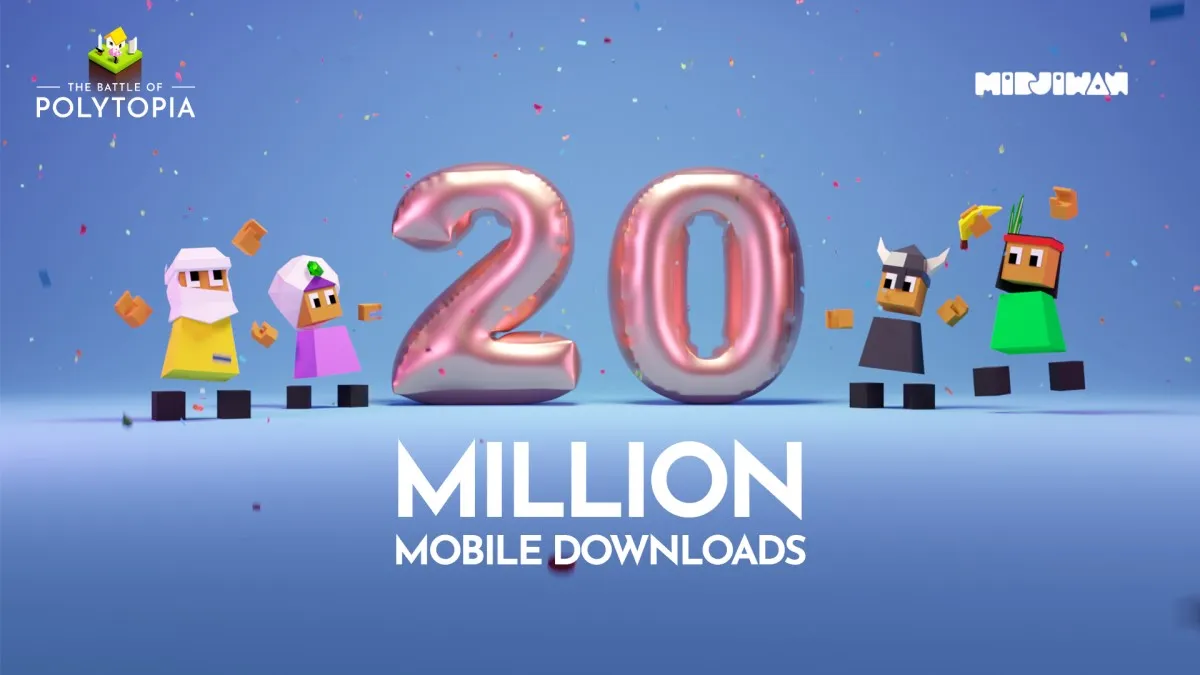

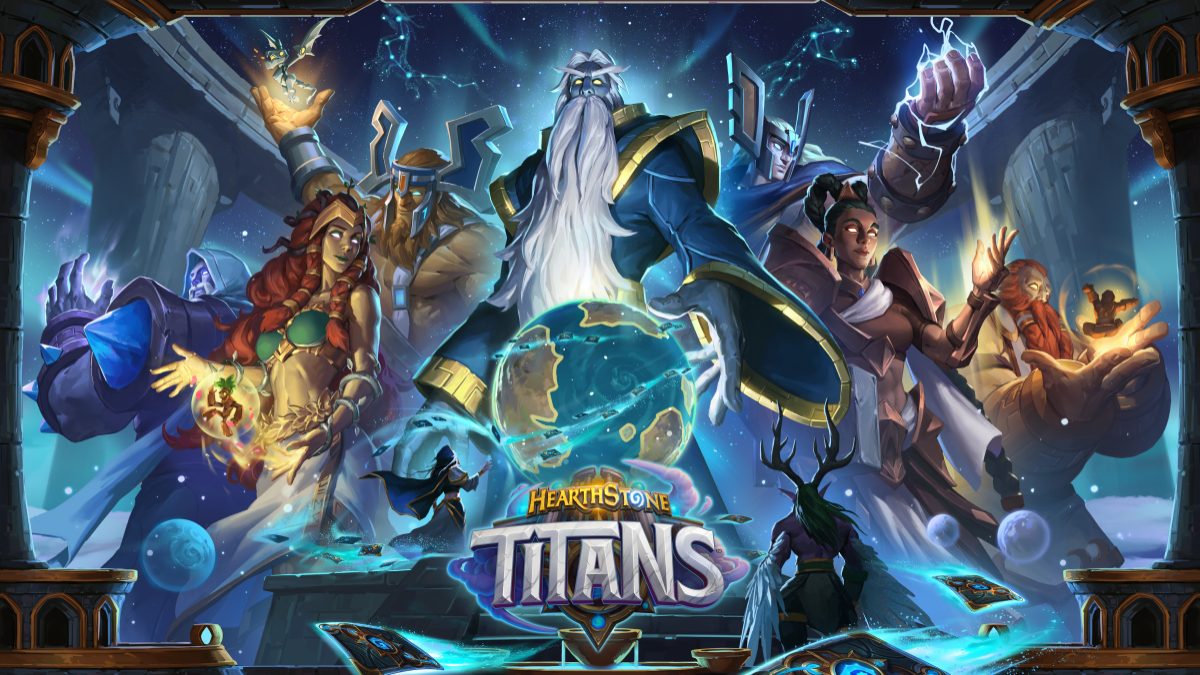

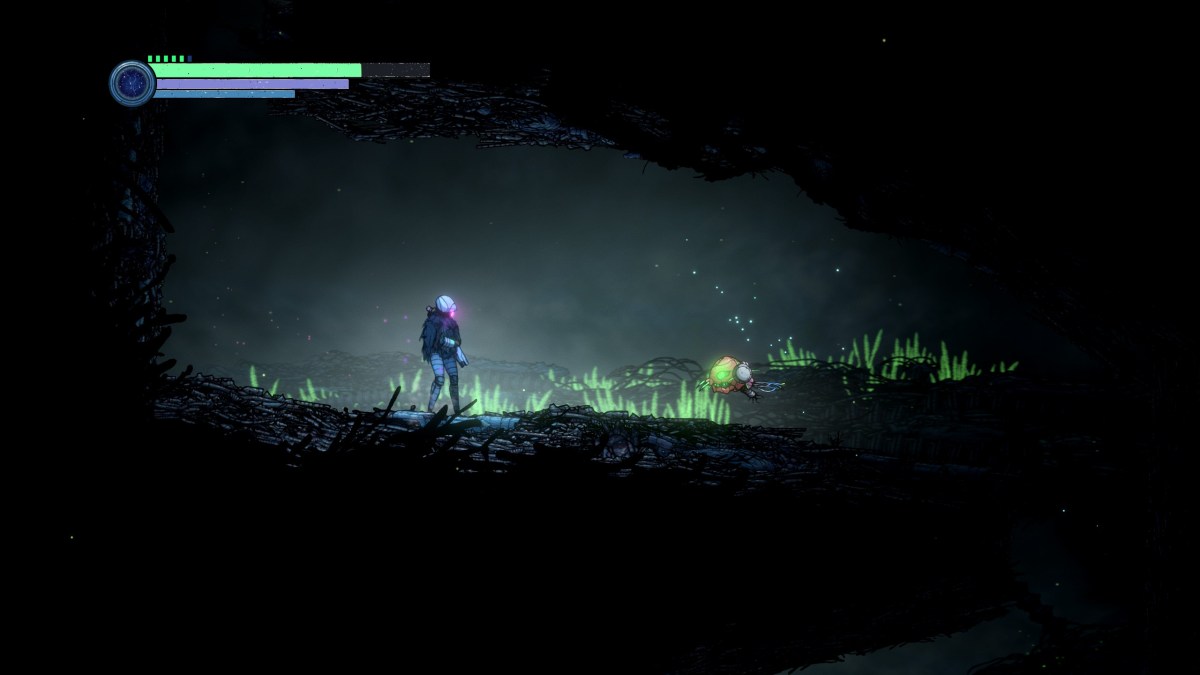
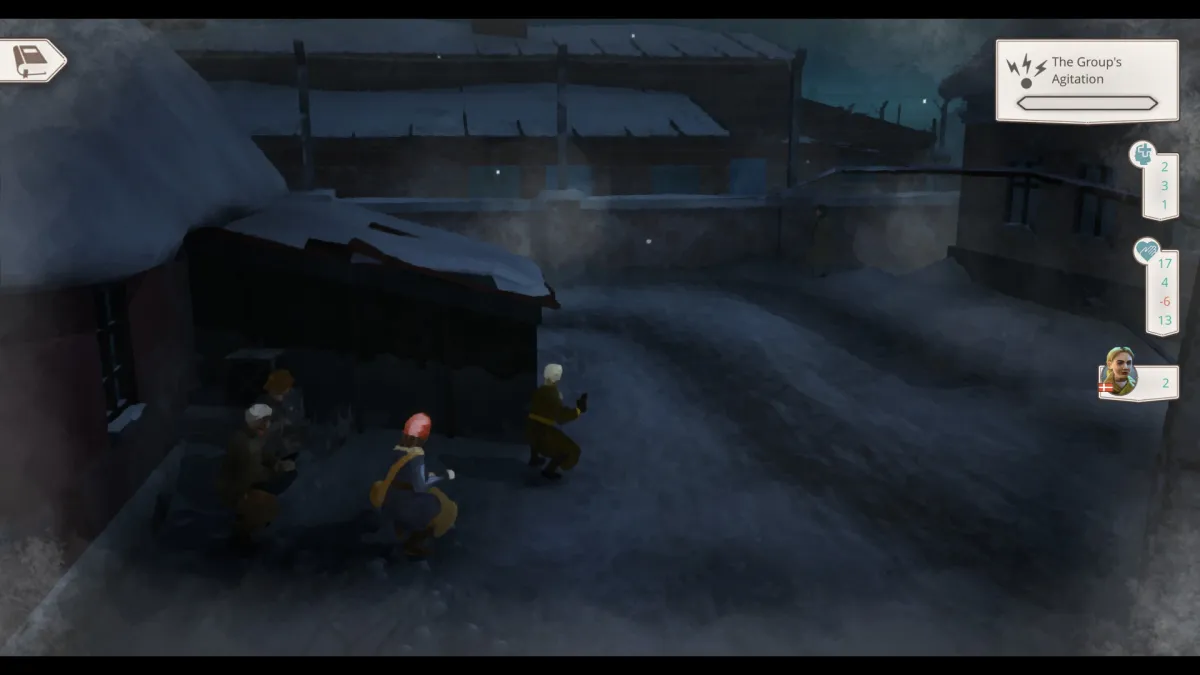

Published: Nov 7, 2023 03:08 pm